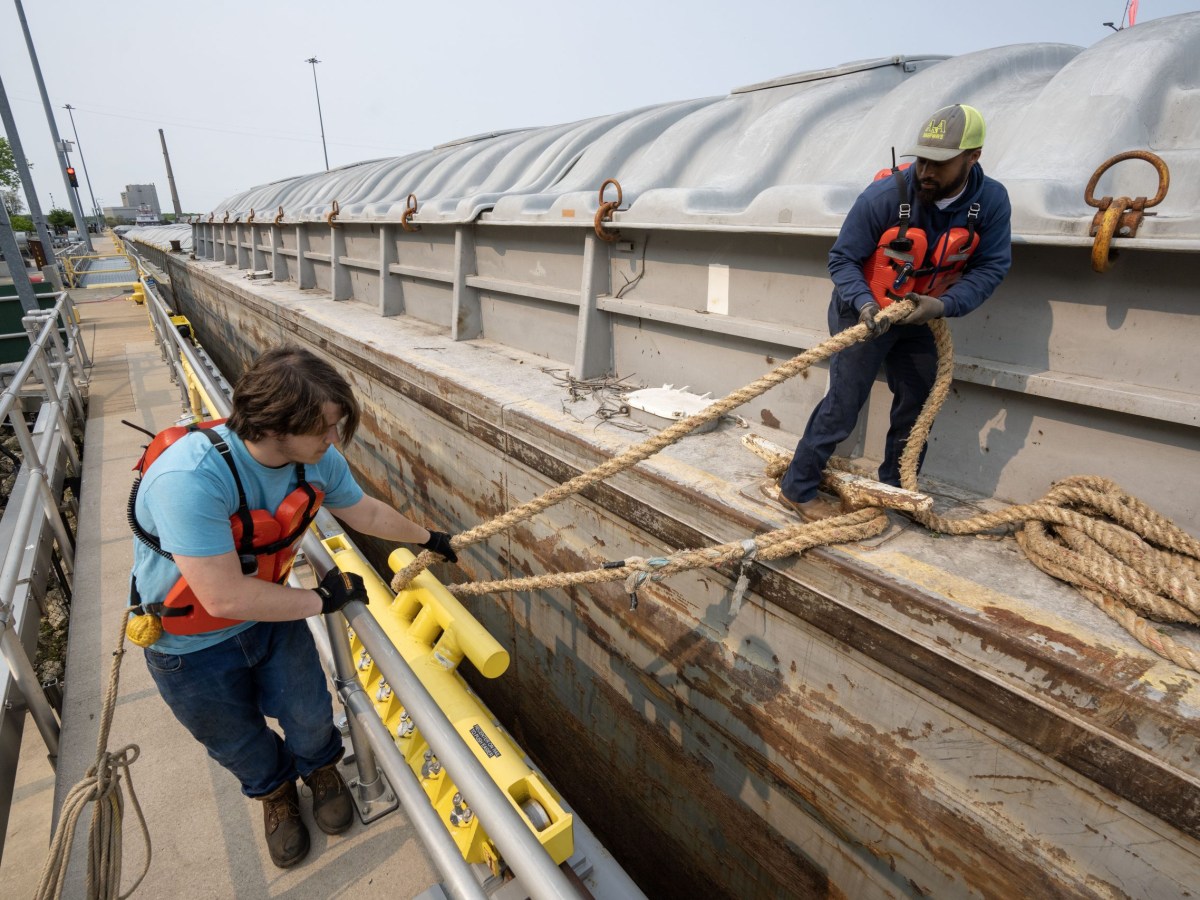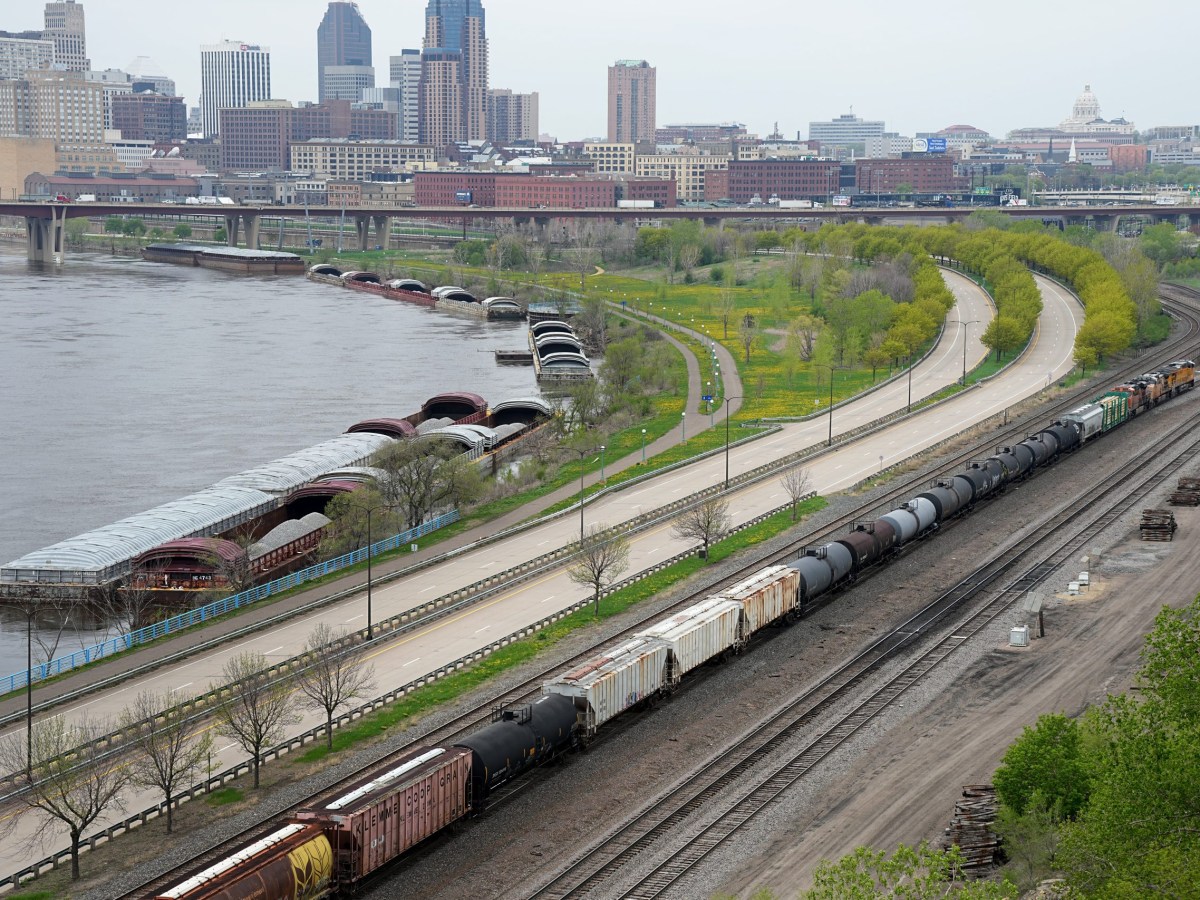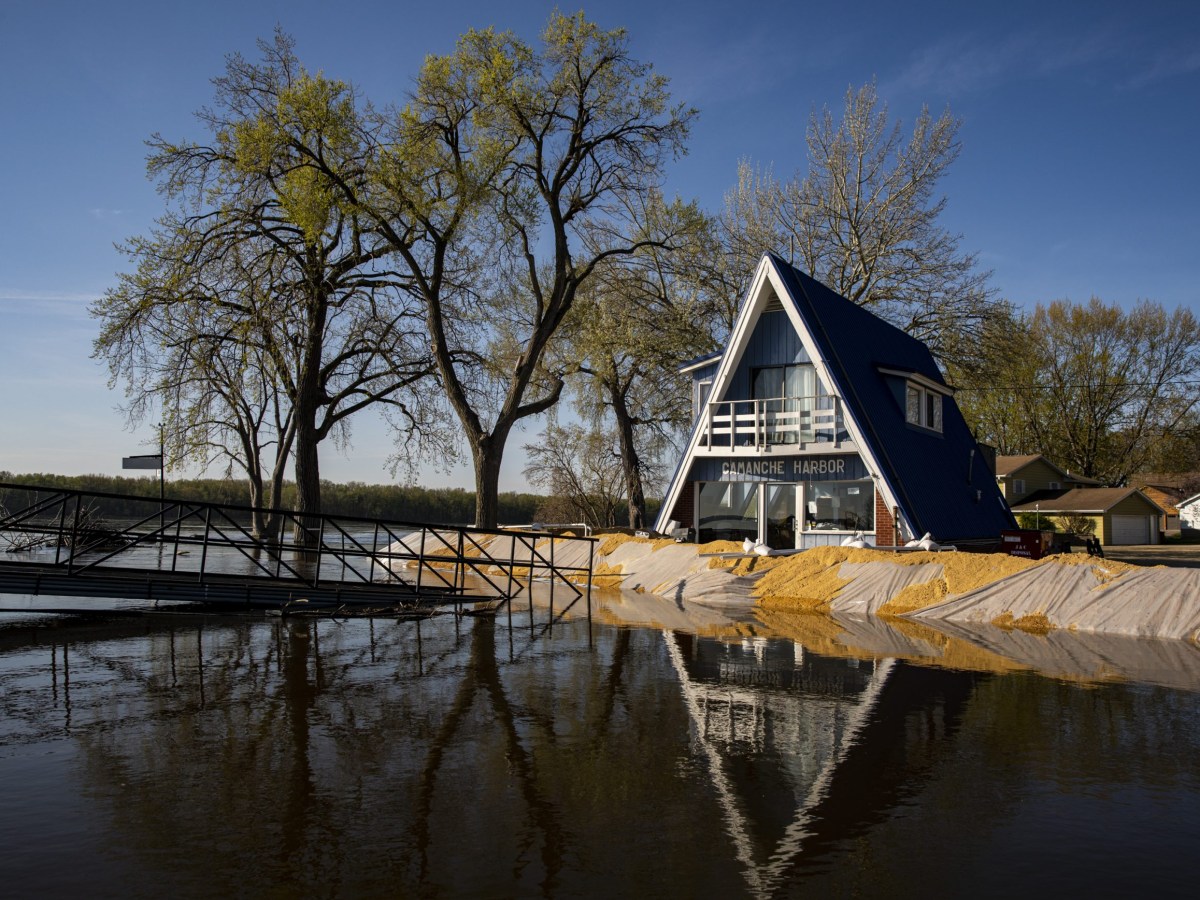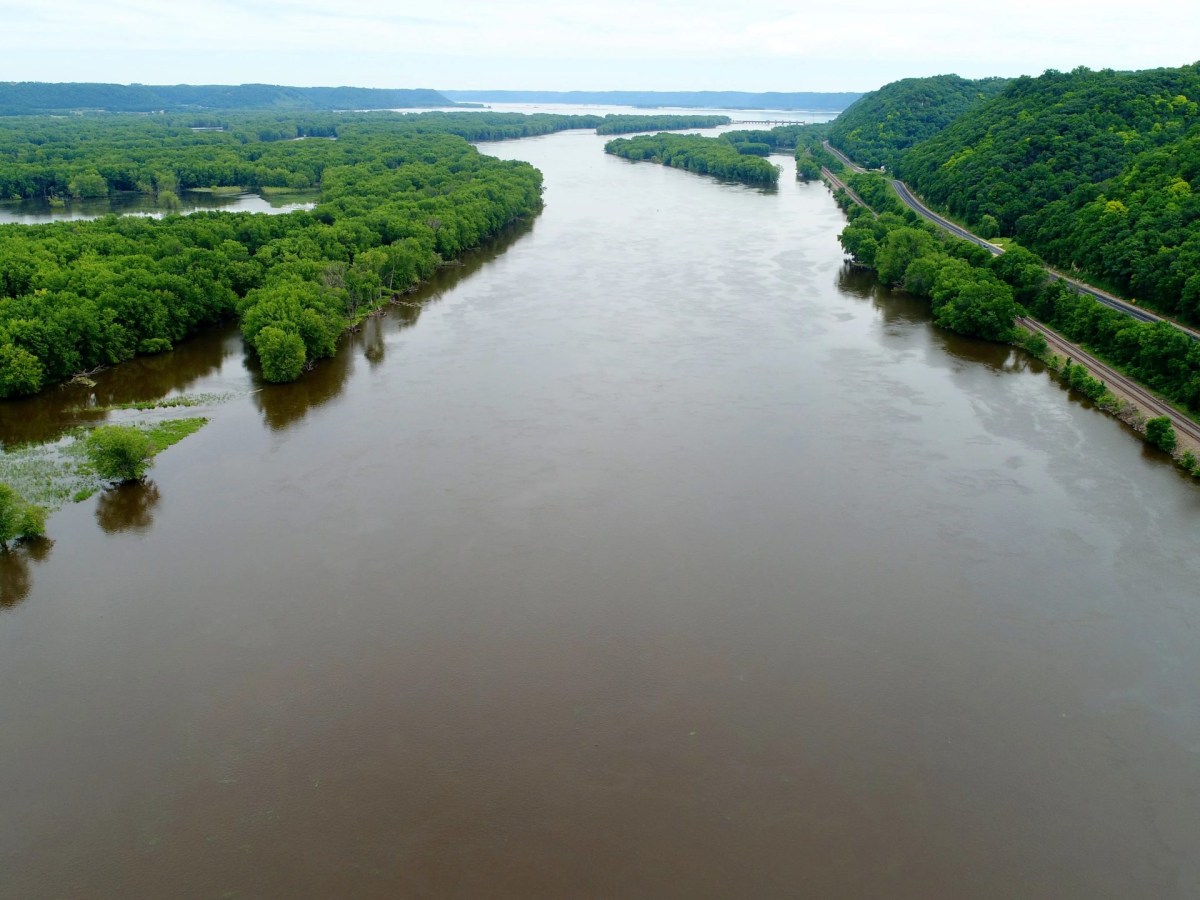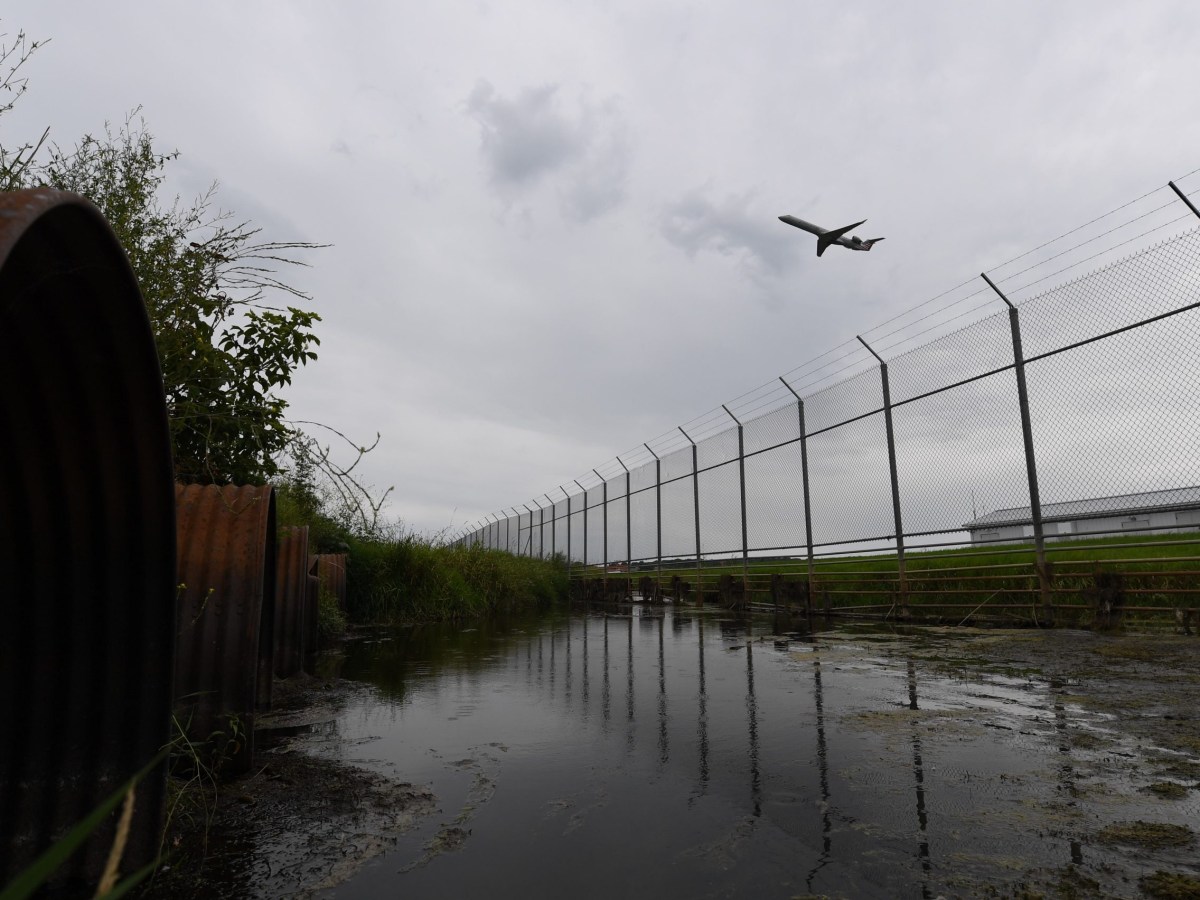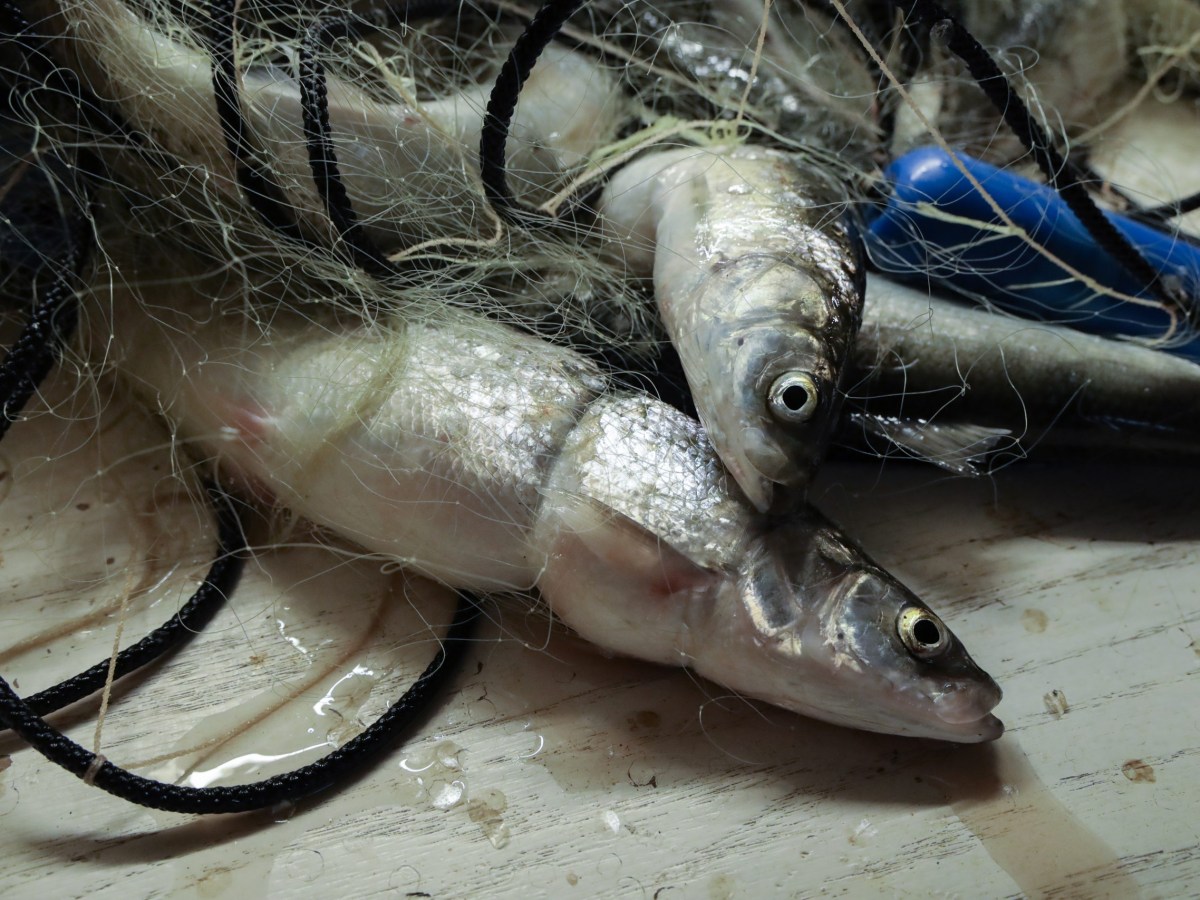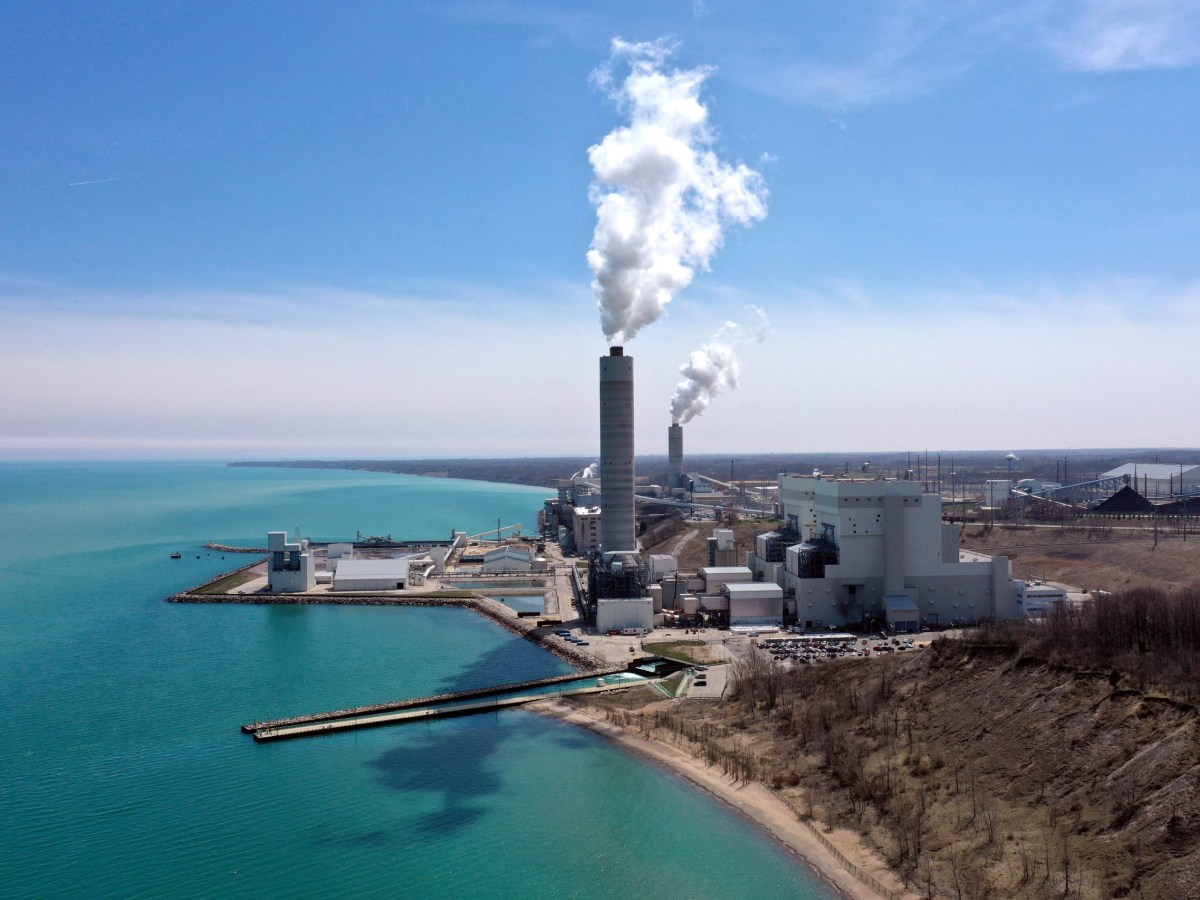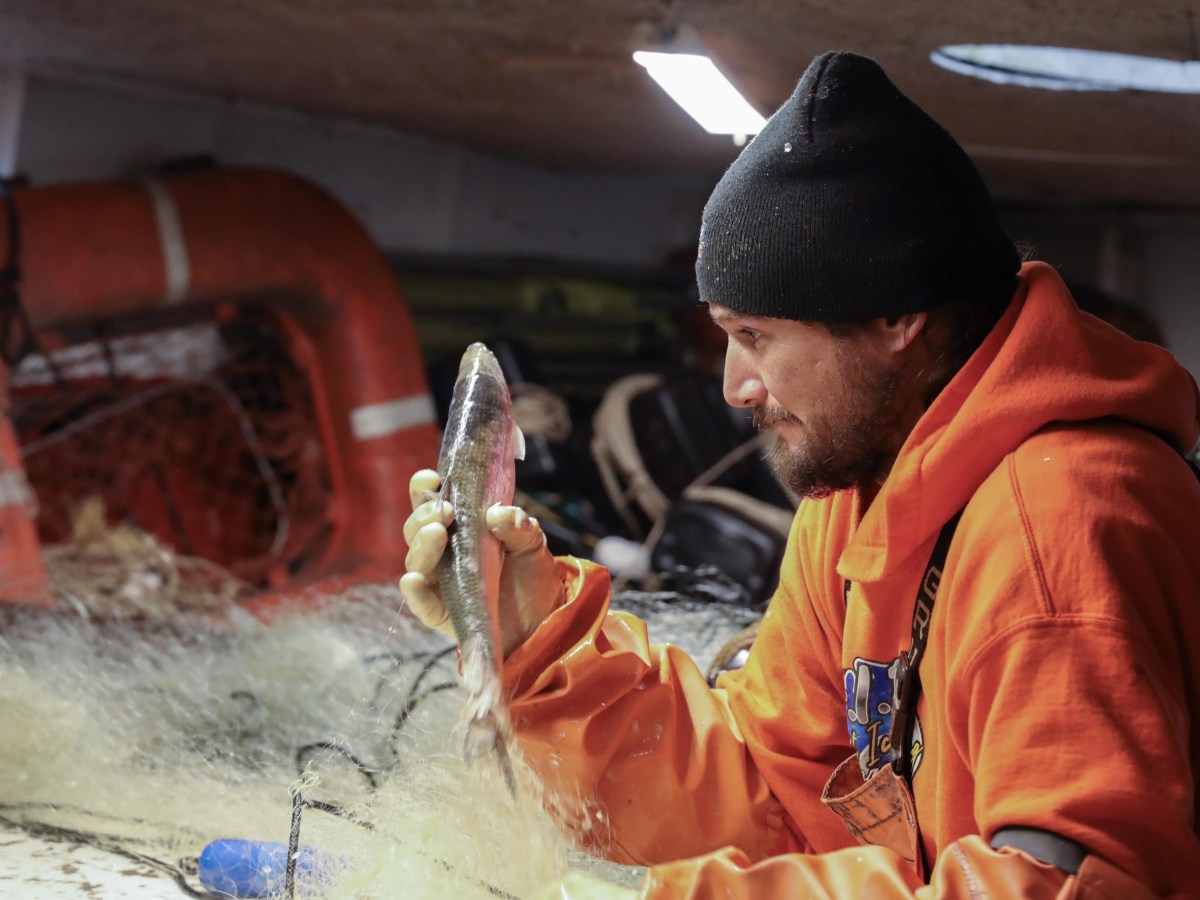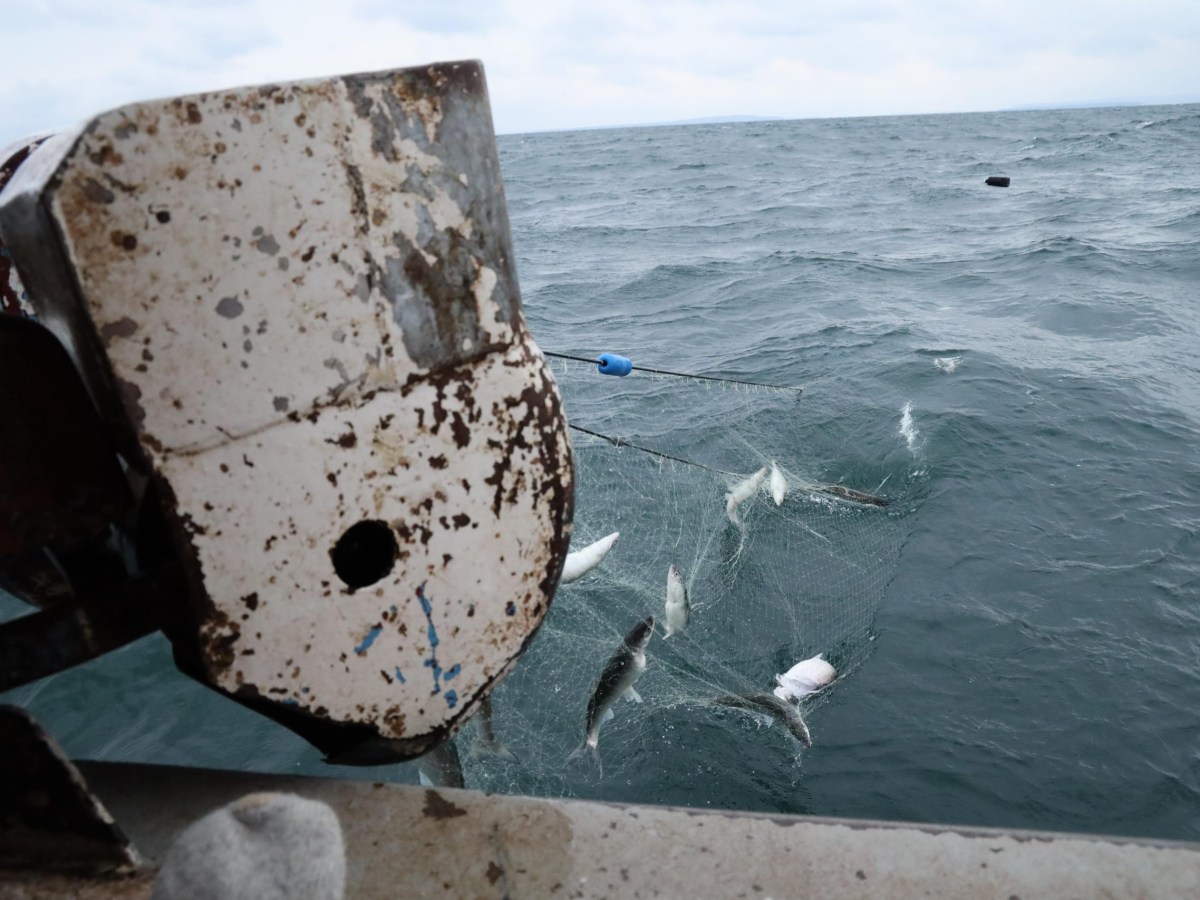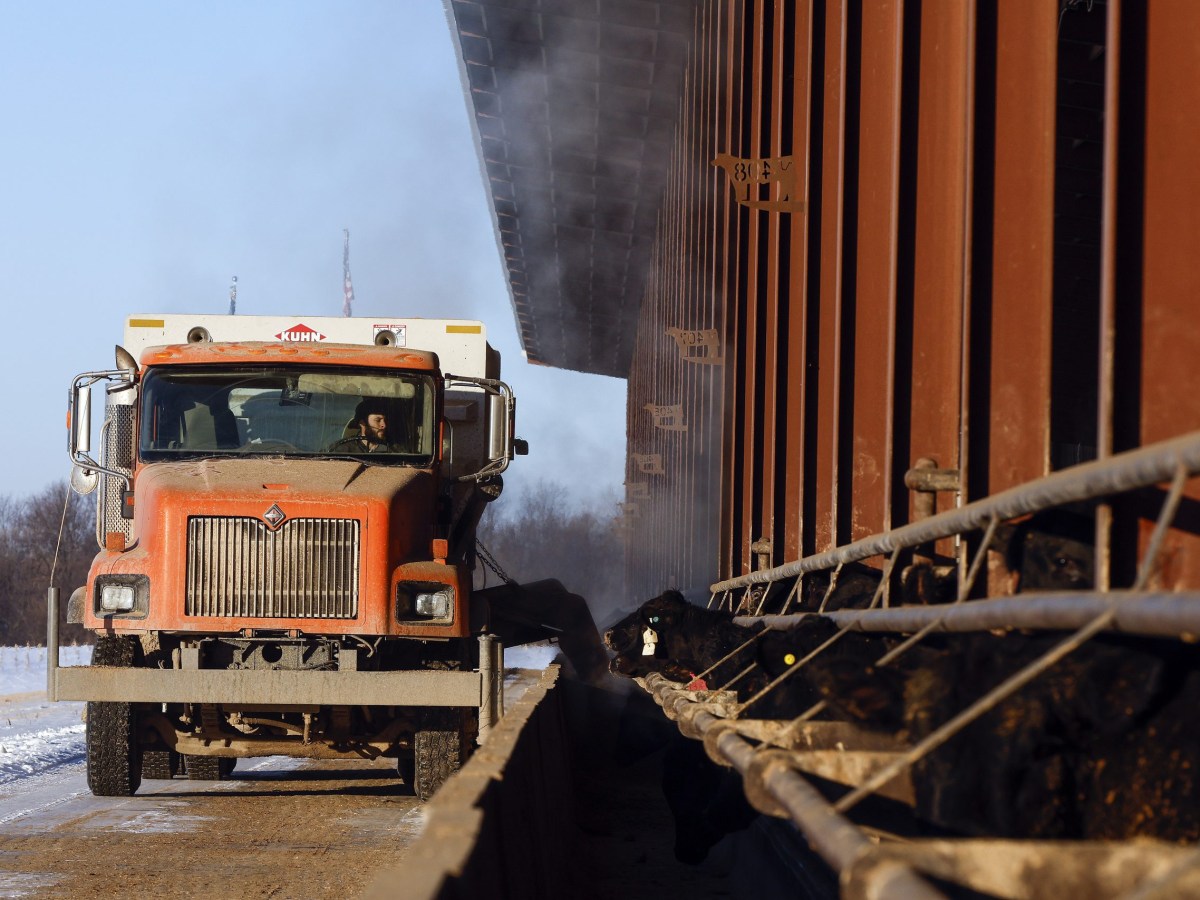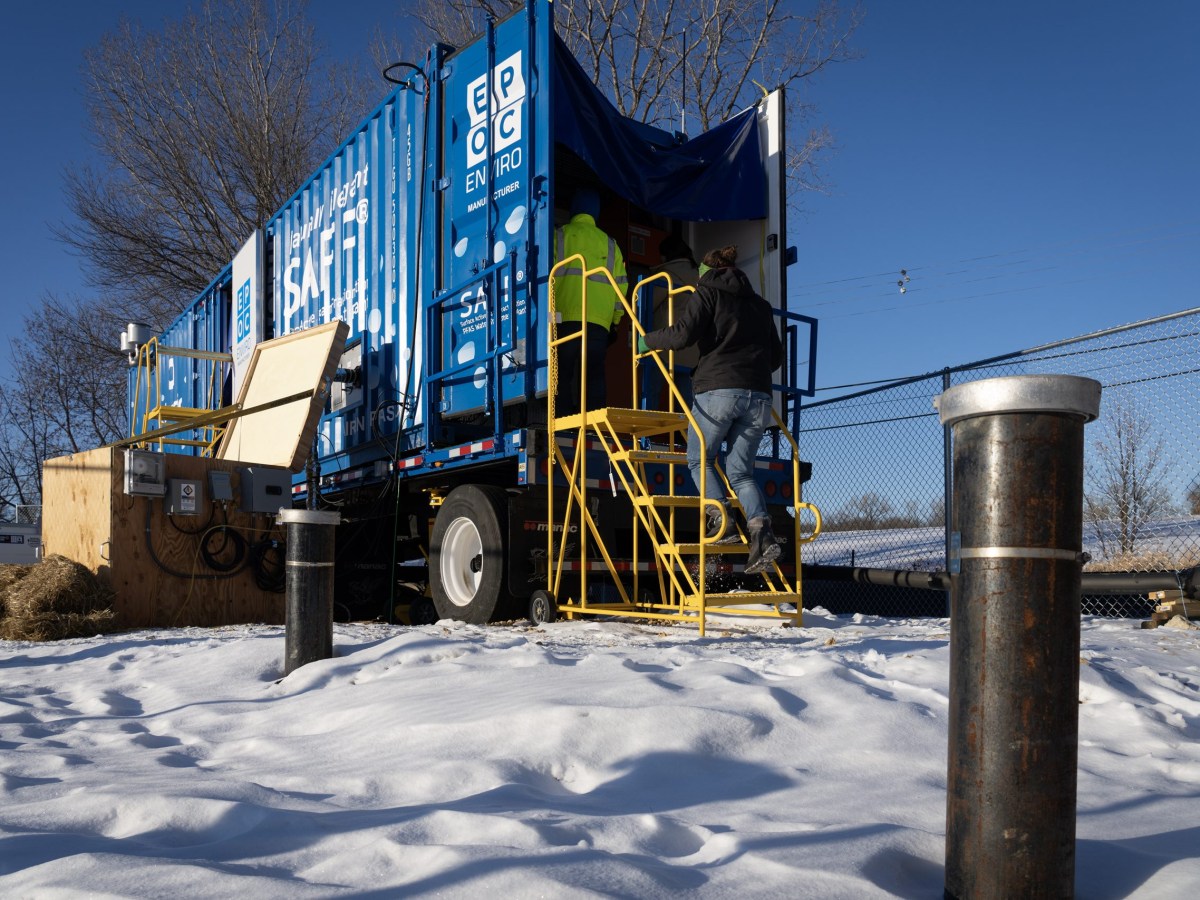When radio reporter Juanpablo Ramirez-Franco traveled to the Iowa-Illinois border in early November, he found many residents unaware.
Tag: Mississippi River Basin Ag & Water Desk

The Mississippi River Basin Ag & Water Desk is an editorially independent reporting network based at the University of Missouri School of Journalism in partnership with Report For America and funded by the Walton Family Foundation. Wisconsin Watch is a member of the network.
Mississippi River shipping infrastructure is aging. Who should pay for the repairs?
Around 175 million tons of freight travels on the Mississippi River each year, and from the river’s headwaters to southern Illinois, a series of locks and dams guide barges through the journey.
Rail merger means more hazmat shipped along upper Mississippi
A recently completed merger between two of the country’s top-tier rail lines will send more trains along the upper Mississippi River — and in some areas, thousands more car loads of hazardous materials.
Mississippi River floodwaters swamp upper Midwest
A very wet winter is bringing major spring flooding along the upper Mississippi River. In some communities, the floodwaters are among the top three on record. Though the water is expected to crest and start receding in most places by next week, its impacts will linger.
Heavy, wet snow brings spring flooding risk to northern Wisconsin and Minnesota
Flooding outlook along the upper Mississippi River is “much above normal,” National Weather Service says.
What EPA’s nationwide PFAS rule means for Wisconsin drinking water
New federal limits on hazardous “forever chemicals” could mean cleaner, safer drinking water. But some residents may see higher utility bills.
Why fish consumption advisories in Great Lakes states like Wisconsin carry their own risks
Amid PFAS fears, oversimplified warnings could discourage residents from consuming a food central to Ojibwe lifeways.
Midwest blackout concerns pit renewable energy against fossil fuels
Electric grid operators highlight vulnerabilities — dropping supplies as demand rises.
Great Lakes pollution threatens Ojibwe treaty rights to fish
PFAS are the latest concern in Lake Superior, where fishing is central to the lifeways of the Red Cliff Band and other Indigenous nations.
How Ojibwe tribes in Wisconsin resisted efforts to deny treaty rights
History of deception and coercion threatened tribal rights to hunt and fish in the Great Lakes and inland territory.
These states are leading the country in agriculture emissions
Texas and Iowa lead the country in greenhouse gas emissions from agriculture. Wisconsin ranks No. 10. Meanwhile, climate change continues to disrupt farming.
The tech race to destroy PFAS is on. It could mean big business.
The state of Minnesota is partnering with an engineering firm to investigate ways to destroy ‘forever chemicals.’



